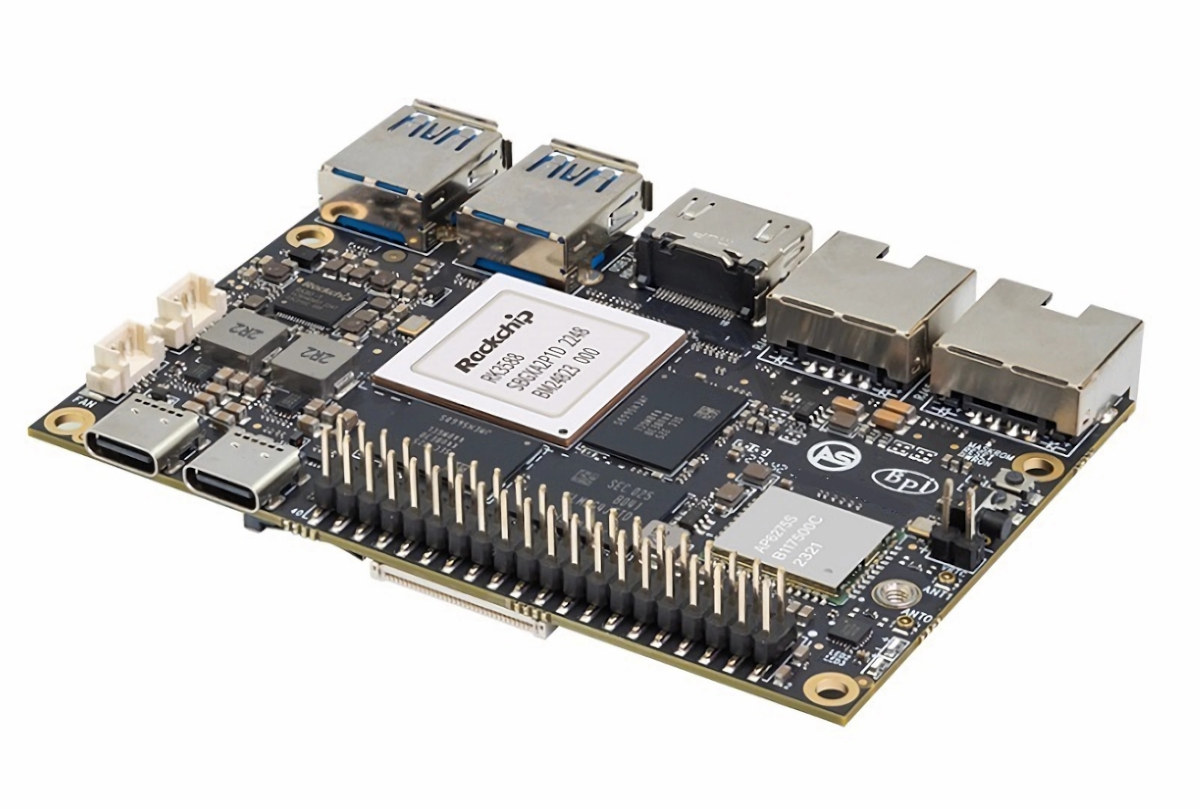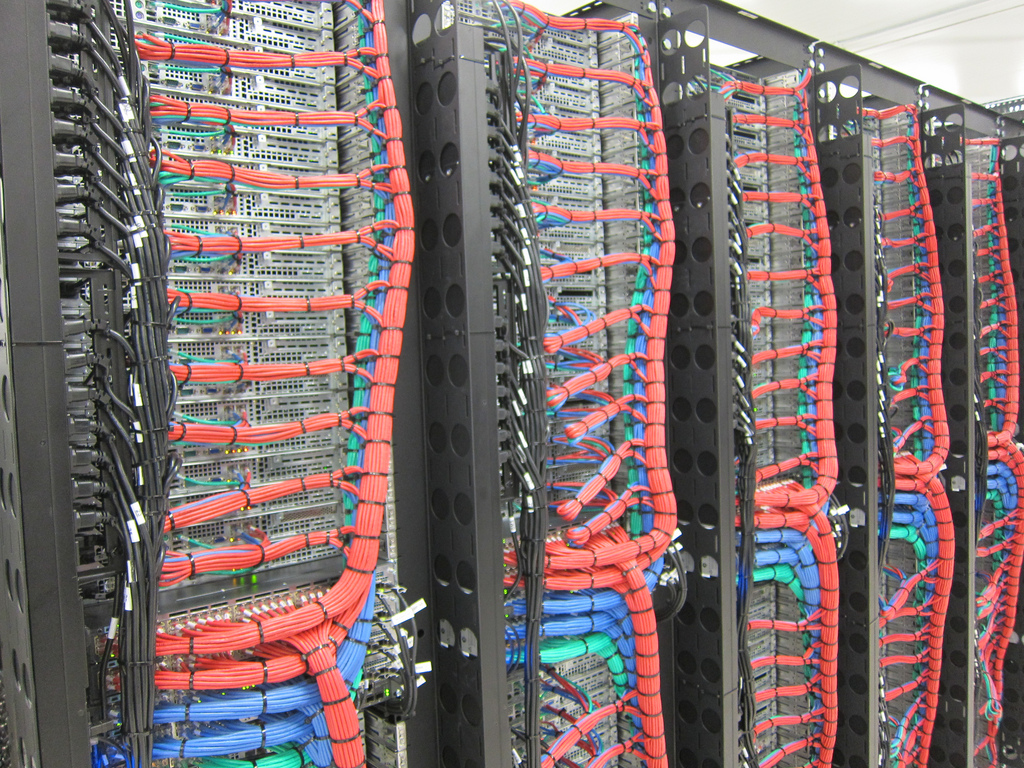Will they learn how to apply padding to stuff this time?
- 22 Posts
- 1.59K Comments
This means I don’t need to mess around with QBT’s “proxy” settings?
No, you don’t. In short, trackers will look at the source address of the incoming connection on their side, that means you VPS IP because you’re doing NAT on the VPS.
Just make sure qBittorrent is restricted to the WG interface and nothing else.

 24·6 days ago
24·6 days agoI agree with that, 100% but for the majority of the world how green it is usually depends on how far-left you are.

 318·6 days ago
318·6 days agoSo… now nuclear is considered “green power”. Okay boomers.
By “set up wireguard to route through the VPS” you mean having wireguard forward a port from the VPS to a port on the homeserver at its wireguard IP address?
Yes, he means that.
qBittorrent will still need to publish the right IP address to peers though, right? So I will need to configure the proxy VPS’s IP address in qBittorrent…
No. For most things qBittorrent does public IP detection. For the rest your VPS will be doing NAT between the WG interface and the public internet. This means your qBittorrent client sends outgoing packets with the source address of your WG private IP and then the VPS will change those to it’s public IP address.
The thing you must be careful about is that you need to restrict qBittorrent to only send and receive traffic on the WG interface, otherwise it will be using both. You can do it in the settings, but the safest way is to do it at the container setup or systemd service level and completely hide any interface that isn’t the WG one from it.

 37·11 days ago
37·11 days agoHm, so now people suddenly notice and care about this? lol

 1·14 days ago
1·14 days agoNot specifically for amazon devices, they’ve opened up the network to “selected partners”, I believe Samsung isn’t on the list but that may happen at any point and to be fair did you read the ToS to know if they don’t have something similar already? What are their plans?

 21·14 days ago
21·14 days agoThat doesn’t guarantee 100% privacy on a densely populated area anymore. Nowadays you’ve stuff like Amazon Sidewalk and who knows who’s partner and what devices are in it.

 21·14 days ago
21·14 days agoThat doesn’t guarantee 100% privacy on a densely populated area anymore. Nowadays you’ve stuff like Amazon Sidewalk and who knows who’s partner and what devices are in it.

 21·14 days ago
21·14 days agoOkay, but then the TV is still running all the same spyware.
Update: just disabling wifi doesn’t guarantee 100% privacy anymore on a densely populated area. Nowadays you’ve stuff like Amazon Sidewalk and who knows who’s partner and what devices are in it.

 3·17 days ago
3·17 days agovbox is easy until it starts saying vt-d isn’t enabled and refuses to start when it fact it is.

 1·17 days ago
1·17 days agoMaybe it can be installed in Debian 12 now without much trouble…

 4·17 days ago
4·17 days agoYeah, all for security. I’ve been “complaining” about this for a while. :)

 19·17 days ago
19·17 days agoTldr; Ubuntu clones a macOS feature (from 2019) that actually makes sense.
I get that a lot of people hate on GNOME too for being annoying to customise and being highly opinionated but I think that’s the key to getting the average person interested in Linux.
I agree with this ideia, however GNOME lacks desktop icons and forces people into an activities view - all stuff that said average people don’t want to deal with. GNOME isn’t already dominating the DE space, and we still have other DEs, because of their poor decisions based on a “vision” that revolves around reinventing the wheel ever 2 years or so.
and yeah having access to programs like the MS apps is important but it’s not like that has to come before having an appealing desktop
This is one of the major hurdles with Linux desktop and the Steam Deck just confirmed it. People like the ones you’re talking about require software, be it Adobe, MS Office, Autodesk or some other and without it there’s no way they’re going to move. Alternatives may work for some isolated people but if you’re collaborating with people that expect those proprietary formats it won’t just work out.
You can’t just go it alone with free software when all your colleagues expect you to use proprietary tools
Yeah that’s my point.
So your take is that instead of trying to make Windows binaries run Linux it would be way easier to just get macOS binaries because it is all BSD. That’s an interesting take indeed.
There’s comments in the specs and a bunch of parsers that actually inore //
















The thing with Ubuntu / Canonical isn’t that it doesn’t work, it is that they’ve bad policies and by using their stuff you’re making yourself vulnerable to something akin to what happened with VMWare ESXi or with CentOS licensing - they may change their mind at some point and you’ll be left with a pile of machines and little to no time to move to other solution.
For starters Ubuntu is the only serious and corporate-backed distribution to ever release a major version on the website and have the ISO installer broken for a few days.
Ubuntu’s kernel is also a dumpster fire of hacks waiting for someone upstream to implement things properly so they can backport them and ditch their own implementations. We’ve seen this multiple times, shiftfs vs VFS idmap shifting is a great example of the issue.
Canonical has contributing to open-source for a long time, but have you heard about what happened with LXD/LXC? LXC was made with significant investments, primarily from IBM and Canonical. LXD was later developed as an independent project under the Linux Containers umbrella, also funded by Canonical. Everything seemed to be progressing well until last year when Canonical announced that LXD would no longer remain an independent project. They removed it from the Linux Containers project and brought it under in-house development.
They effectively took control of the codebase, changed repositories, relicensed previous contributions under a more restrictive license. To complicate matters, they required all contributors to sign a contract with new limitations and impositions. This shift has caused concerns, but most importantly LXD became essentially a closed-off in-house project of Canonical.
Some people may be annoyed at Snaps as well but I won’t get into that.